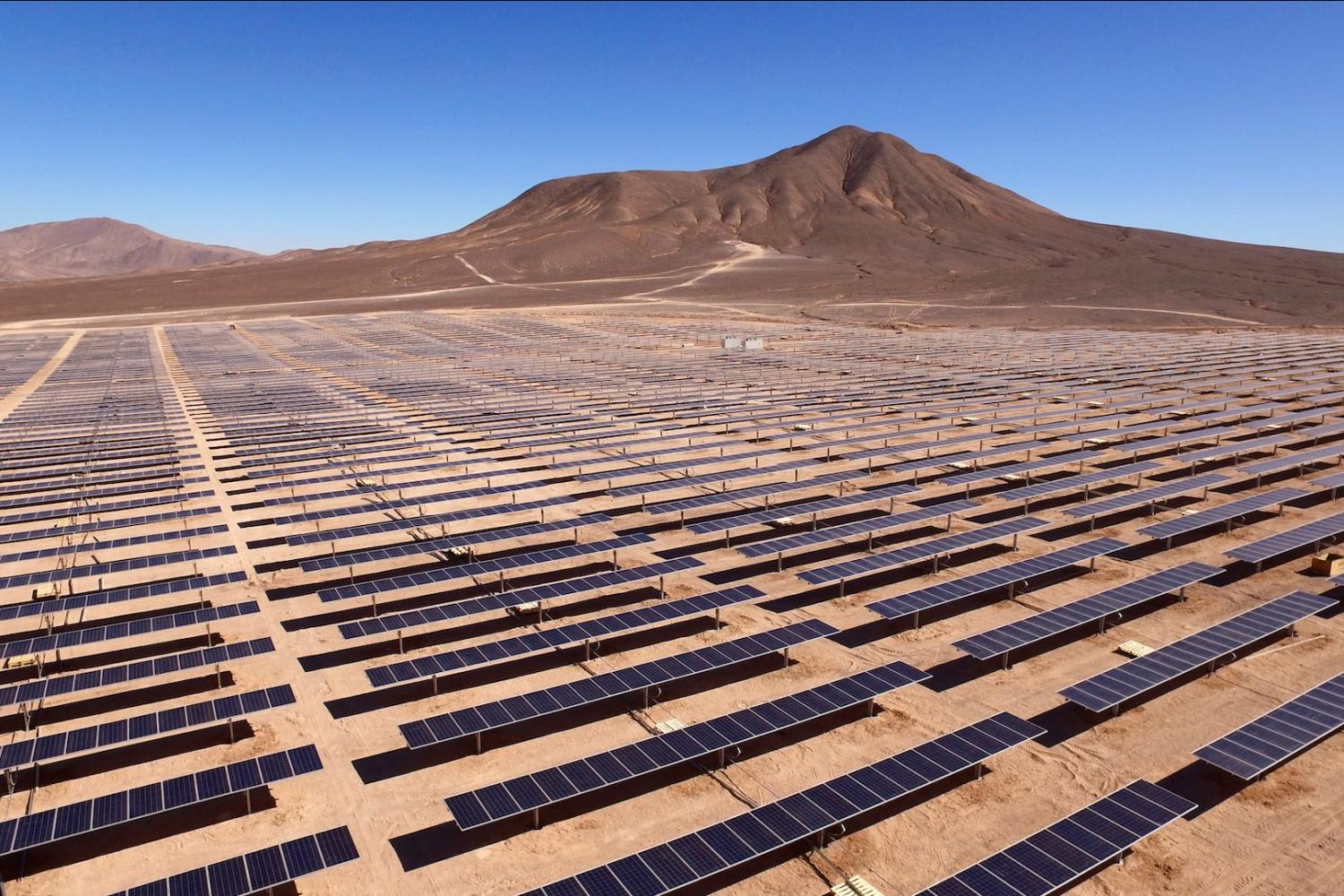
IBM has announced the addition of five new members to its global pro bono environmental program for non-profits, the IBM Sustainability Accelerator, which applies IBM technologies, such as hybrid cloud and artificial intelligence, and offers a team of experts to develop clean energy and technology projects to help populations particularly vulnerable to environmental threats including climate change, extreme weather and pollution.
The combined impacts of the COVID-19 pandemic, disruptions to global supply chains, the energy insecurity caused by Russia’s invasion of Ukraine, and the diversion of public resources to keep food and fuel prices affordable together have hindered the pace of progress toward the SDG 7 goals, according to the International Energy Agency. The poorer a nation or a community are, the more vulnerable they are to natural disasters and climate change. According to the World Bank, natural disasters force 26 million people, roughly equivalent to the population of Cameroon, into poverty each year.
“With the IBM Sustainability Accelerator, we are convening experts and using innovative technologies to help tackle the toughest environmental challenges our planet faces; and transitioning to clean energy is a critical step right now,” said Justina Nixon-Saintil, vice president of corporate social responsibility and ESG at IBM, in a public statement.
Helping marginalized communities get “just and equitable access to sustainable energy resources” through this new cohort not only helps the world achieve the goal of the United Nations Sustainable Development Goal (SDG 7) of ensuring access to affordable, reliable, sustainable, and modern energy by 2030, it can “help the larger global energy transition,” said Nixon-Saintil.
IBM announced these additions to the Sustainability Accelerator at COP27 in Sharm El Sheikh, Egypt. The new members, which were selected from more than 100 applicants, form a new cohort for the program focused on accelerating clean energy projects. (The Sustainability Accelerator’s first cohort is focused on sustainable agriculture.) The organizations were chosen because of their current engagement with vulnerable communities, their ability to improve access to affordable clean energy services and their strategic focus and transparency on measurement and reporting.
The United Nations Development Programme is working with IBM to increase access to sustainable, affordable and reliable energy in several African countries, focusing on those furthest left behind. Using UNDP’s technical knowledge and IBM’s expertise in artificial intelligence and geospatial analytics, the goal is to forecast electricity access to better guide policy and investment decisions.
The international NGO Sustainable Energy for All and IBM are teaming up to build an intelligent model to project energy needs based on current and future human activity. The model will be designed to help to address key development challenges such as lack of energy access and poor healthcare, and support the development of robust infrastructure planning, such as electrification plans. IBM will develop open-access datasets and an energy needs model using temporal and spatial data. Kenya and India are being considered as the first regions for pilot projects.
IBM and Net Zero Atlantic of Canada are collaborating to create an interactive digital tool that will geospatially display environmental and socioeconomic impacts of possible energy system futures for Nova Scotia. The long-range goal is for Indigenous communities in Nova Scotia to leverage advanced modeling capabilities to inform their input into energy and development planning. The tool aims to be easy-to-use, locally relevant and time efficient.
The city government of Miyakojima, Japan is working with IBM to support the development of a renewable energy strategy including a microgrid on Miyakojima Island, a remote community especially vulnerable to typhoons. The goal is to help their residents, who rely on a clean local environment for the tourist industry and agriculture. Miyakojima City Government and IBM will collaborate to leverage IBM technologies to model electricity demand and advise energy infrastructure development.
The Environment Without Borders Foundation is collaborating with IBM to develop a platform to forecast, track, and communicate clean energy usage options in Egypt. The goal is to enable resilient and sustainable infrastructure and operations for clean energy in Egypt, helping residents of remote locales where energy is currently both expensive and unreliable.
In February, IBM announced it plans to select five non-profit organizations for the accelerator annually and expects to provide $30 million worth of services by the end of 2023.
Image credit: Antonio Garcia via Unsplash

Gary E. Frank is a writer with more than 30 years of experience encompassing journalism, marketing, media relations, speech writing, university communications and corporate communications.














